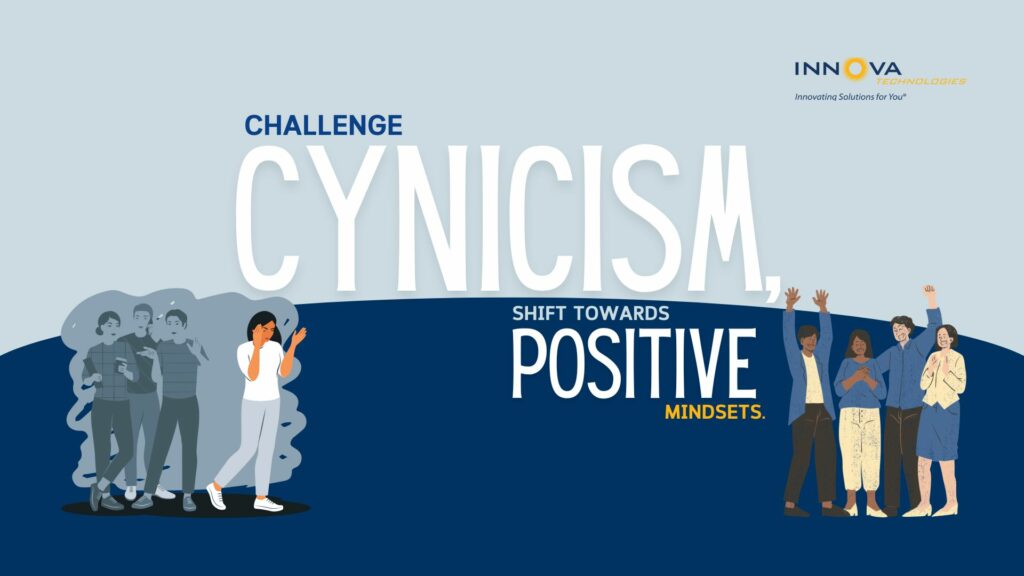
Cynicism is a pervasive attitude marked by a deep-seated distrust of others’ motives, often accompanied by the belief that people act primarily out of self-interest. This mindset typically manifests through skepticism, sarcasm, and a negative outlook. While it may provide a temporary shield against disappointment, cynicism can have profound long-term effects on our mental and emotional health.
THE ROOTS OF CYNICISM
In The Gray Area with Sean Illing podcast, Sean Illing explores “Why cynicism is bad for you” with Stanford University psychologist Jamil Zaki, author of “Hope for Cynics: The Surprising Science of Human Goodness.”
One of the key takeaways from this podcast was that cynicism often arises from past disappointments, betrayals, or negative experiences. It serves as a defense mechanism, protecting us from future hurt. However, this protective facade can lead to feelings of isolation, frustration, and disconnection from those around us. Instead of safeguarding our well-being, cynicism can create a vicious cycle of negativity.
THE BROADER IMPLICATIONS: EMOTIONAL AND SOCIAL COSTS
The emotional toll of cynicism is significant. It has been linked to increased stress, anxiety, and depression, as a persistently negative mindset can foster a self-fulfilling prophecy—where the expectation of negative outcomes makes them more likely to occur.
Most significantly, cynicism impacts individual well-being and can strain relationships by reducing trust and increasing conflict. Therefore, this skepticism can hinder meaningful connections and support, thus isolating us further.
In the workplace, a cynical atmosphere can poison team morale, limit collaboration, and stifle productivity. Moreover, when we doubt our colleagues’ intentions, we miss valuable opportunities for professional growth and teamwork. This mindset can trap us in a cycle of disappointment and distrust, perpetuating negative outcomes in several aspects of our lives.
STRATEGIES FOR OVERCOMING
Fortunately, there are ways to counteract cynicism and foster a more positive outlook:
- Cultivate Positivity: Surround yourself with positive influences and practice optimism. Engaging with uplifting people and experiences can help shift your mindset.
- Practice Gratitude: Shift your focus to the positive aspects of life and recognize the good in others. Regularly reflecting on what you are thankful for can improve your overall mood.
- Build Trust: Engage in open and honest communication. By fostering transparency, you can rebuild trust and nurture positive relationships.
- Seek Professional Help: Consider counseling or therapy. Professional guidance can provide valuable insights and coping strategies to help you unpack the root cause of a cynical attitude.
At Innova, our organizational workflow and development reduce cynical outlooks by fostering an environment that encourages positive mindsets, trust, and appreciation. Although cynicism may appear to offer protection, it ultimately undermines our emotional well-being, relationships, and professional lives. By acknowledging its impact and actively working to shift our perspectives, we can enhance our quality of life and foster more positive interactions. We encourage you to challenge cynicism and embrace a more hopeful approach to life.
Carlos Banchik, P.E.
President
